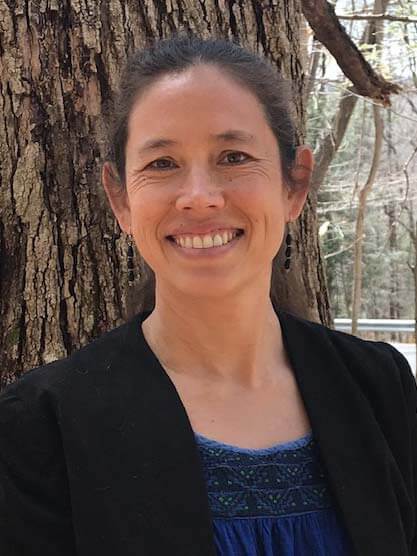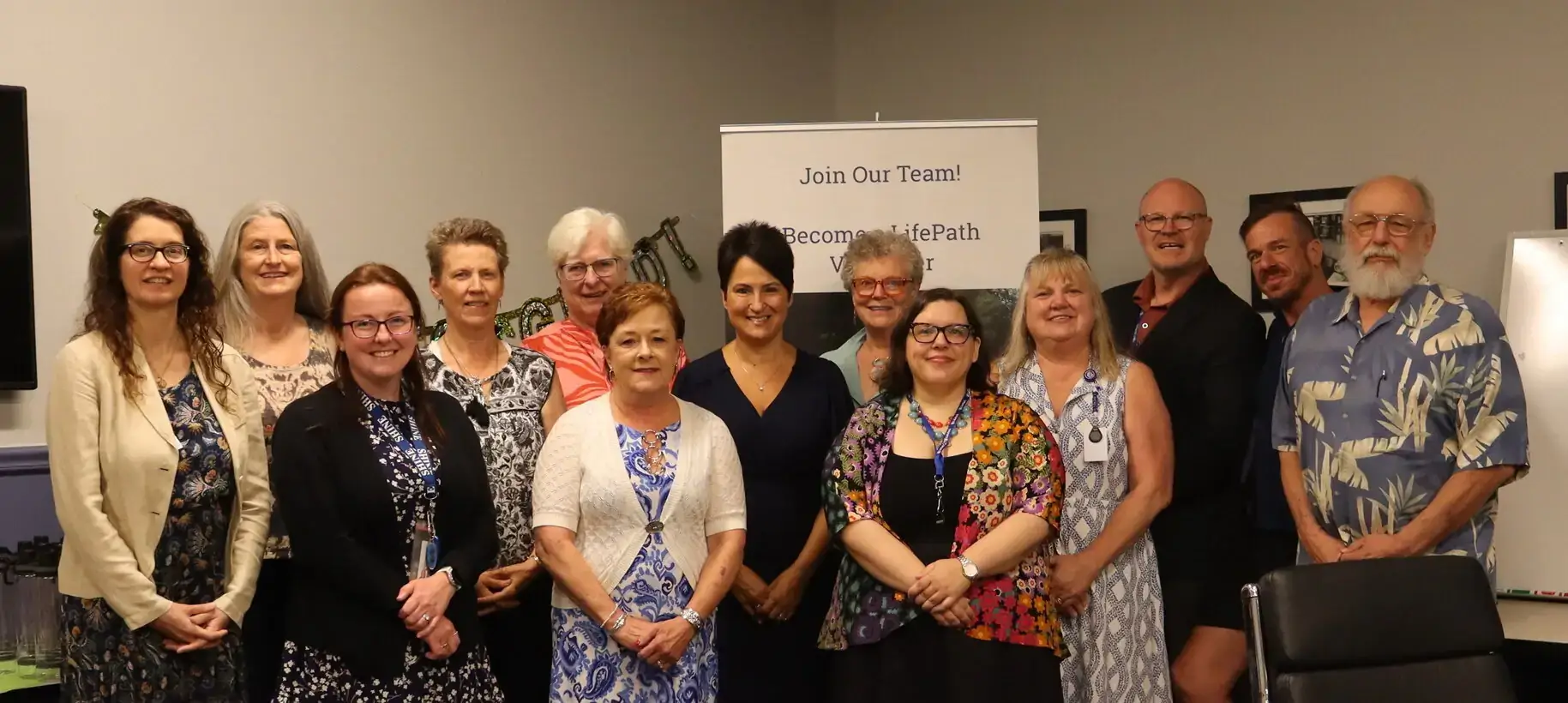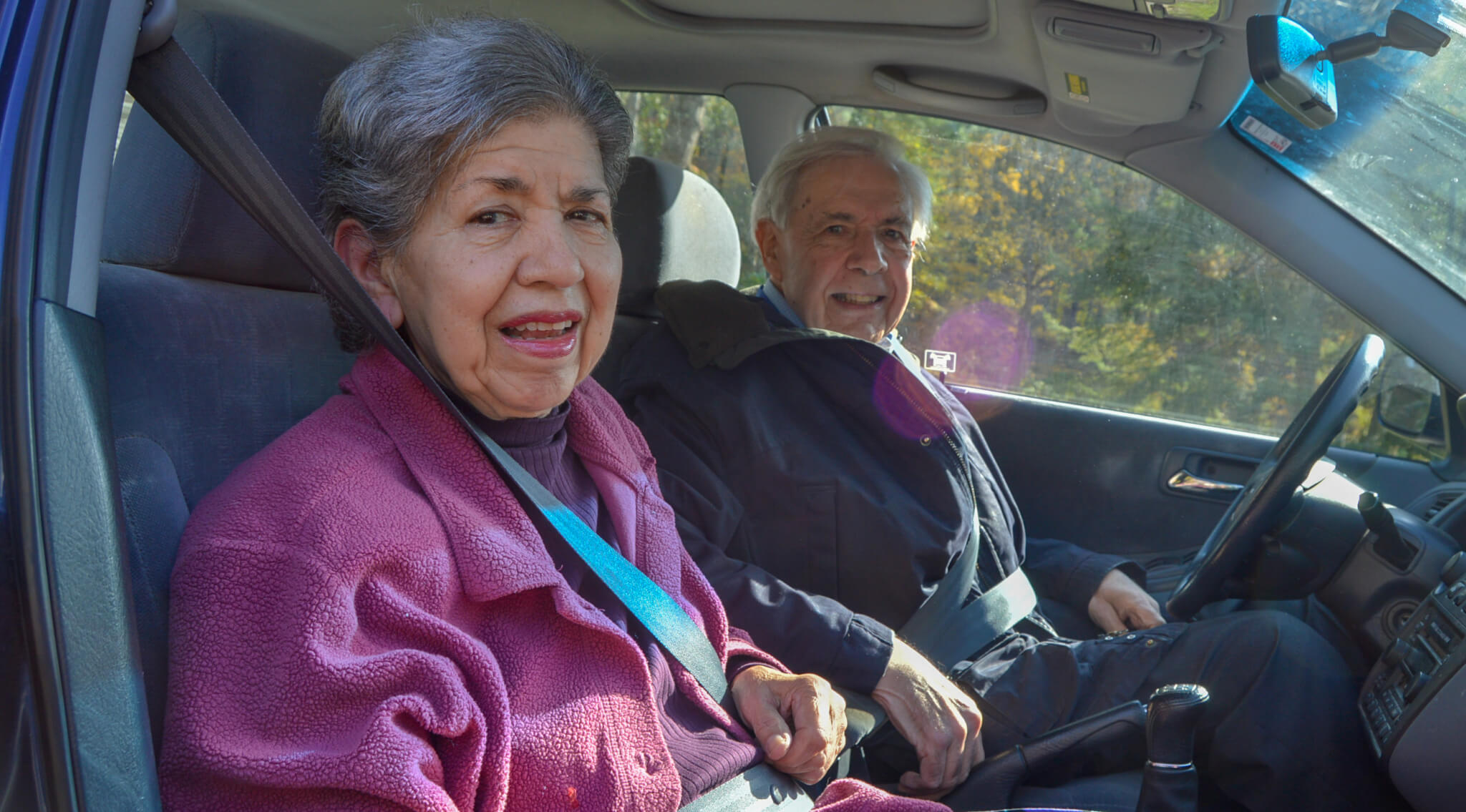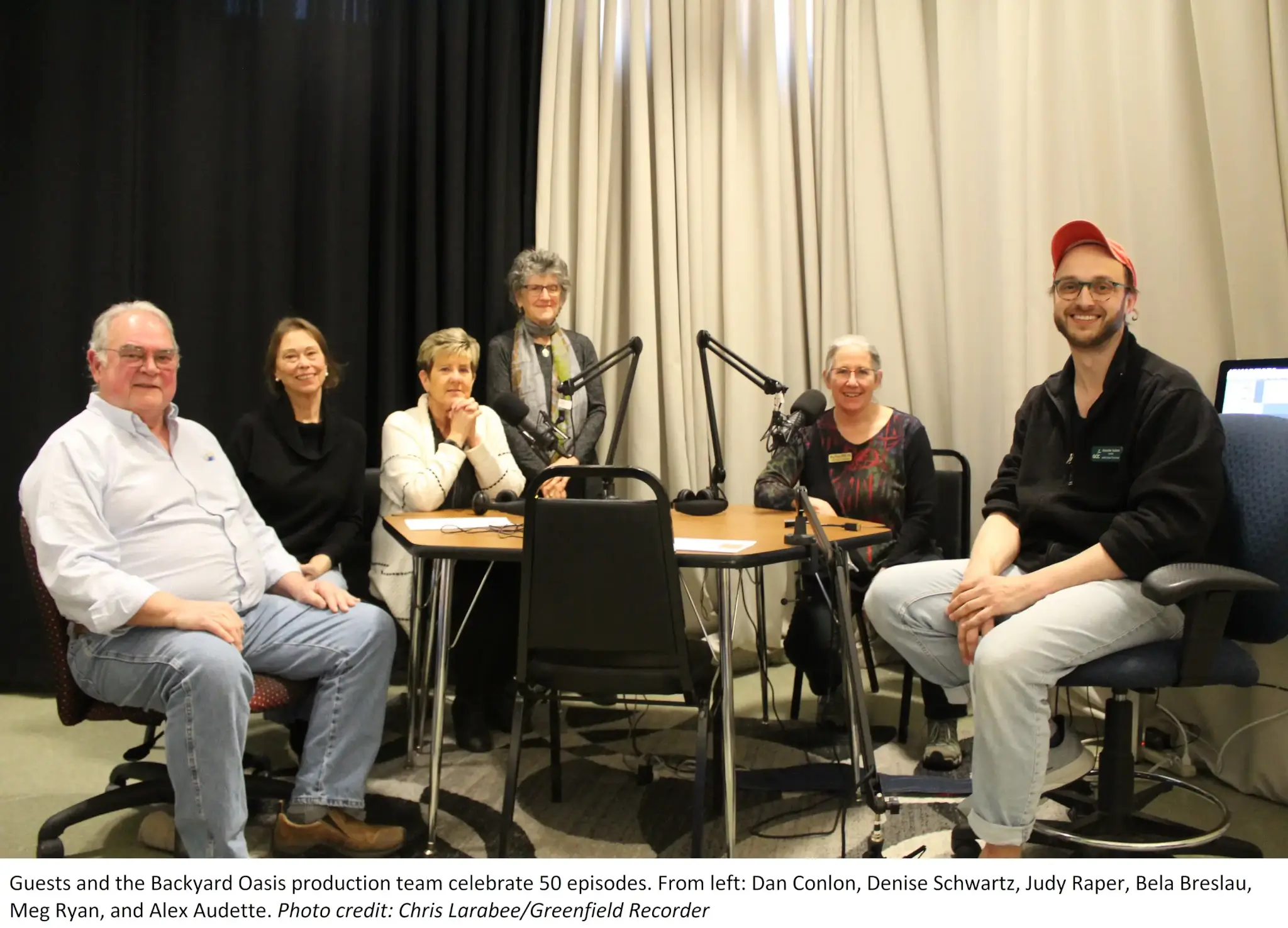
Nutrition Notes: Continuous Glucose Monitoring for Achieving Nutrition and Health Goals
Glucose (sugar) is an important source of energy for your body that can come from the food you eat or be made by your body, traveling through the blood (blood glucose) to bring fuel to your cells. Maintaining optimal glucose levels is crucial for overall health and well-being. Consistently high or low blood sugar and

Recognize Falls Prevention Awareness Week By Learning How To Prevent Falls
Falls are the leading cause of hospital-related injury for adults over 65 years old in Massachusetts. While common, falls are not a normal part of aging and are frequently preventable. Using evidence-based strategies can help to make fall risk prevention a priority and decrease the odds of a potentially life-altering fall.
Falls Prevention Awareness week is

Familiar Sights and Sounds of the Fall Season Fill the Air — Did Someone Say “Walkathon”?
As a kid I always marked the end of summer with going back to school and as an adult I have marked the end of summer by the increased traffic congestion that the new school year brings as parents drop off their kids at school and bus drivers learn to navigate their new routes with

How and Why To Move When Moving Is Tough
Those of us who care for older adults with memory or mobility challenges know that sometimes it’s simply easier to wait on the person than it is to ask them to move. Or we may experience these challenges ourselves. While we generally understand that being sedentary is not good for health and we are supposed

LifePath Celebrates 2025 SHINE Graduates
Edward Elgar’s Pomp and Circumstance March No. 1 in D Major could be heard from LifePath’s conference room on July 11, as eight out of ten new 2025 SHINE (Serving the Health Insurance Needs of Everyone) graduates received their certificates and roses. As newly-certified SHINE counselors, these volunteers will work in their own communities to

Upcoming Walkathon to Support Meals on Wheels and Other LifePath Programs
Wow, what a difference a year makes! It seems like just yesterday we were talking about the 2024 Fall Walkathon. When you read this article we will only be 10 weeks away from our upcoming Walkathon on Saturday, October 18, at the Franklin County Fairgrounds starting at 10 a.m. Registration and check-in will start at

Medical Appointment Transportation Options Resource
LifePath is pleased to introduce a new resource: the Medical Appointment Transportation Options document. Thank you to all the partners working to support medical transportation options in our community.

Aging, Community, and the Power of Podcasting
In our Age Friendly communities, the voices of local older adults matter—and it matters that they are heard. These voices are treasures of wisdom, experience, and insight. And with over 20,000 people over the age of 65 in Franklin County, that’s a lot of voices. And boy, do they have stories to tell.
But how to



